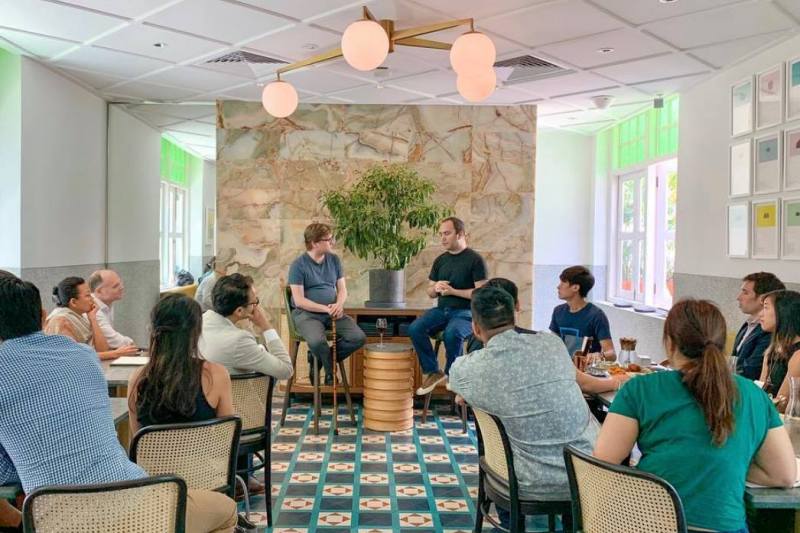
Chia Network today released a green paper detailing how proof of space and proof of time come together to create a “Nakamoto-style” consensus algorithm for Chia. Later this month, Chia is also launching a competition with the goal of establishing a community of developers aimed at creating the best possible proof of space algorithm, continually enhancing it, and integrating the code into their own projects.
“The developer and cryptocurrency communities have been eagerly awaiting Chia Network’s technical green paper detailing how proofs of space and time work,” said Mitch Edwards, CFO and general counsel of Chia. “As the creator of BitTorrent, Chia Founder Bram Cohen shook up the peer-to-peer file sharing landscape. Now, he’s doing the same to the cryptocurrency world. People in the crypto and finance communities want and need to know what Bram and the Chia team are up to.”
Chia’s New Green Paper
The green paper provides technical details of how Chia’s proofs of space and time work together to create a new consensus algorithm underpinning Chia’s new cryptocurrency. Chia’s approach is based on “farming” rather than mining to verify blockchains that issue digital money. Proofs of space and time replace the proofs of work used in Bitcoin and Ethereum mining that waste massive amounts of energy and are less secure due to mining centralization. Chia’s new approach to cryptocurrency is explained in two YouTube videos: Your Money, How and Where You Want It and Digital Money Doesn’t Have to Be Wasteful.
The Competition: About Building Community
Contestants participating in the three-month competition will create implementations of Chia’s proof of space consensus algorithm.
The proof of space competition will be split into three tracks for total awards of $100k in prize money. Find track and award details here.
“We’re making sure that the fundamental building blocks of our protocol are confidence-inspiring and available to all,” said Bram Cohen, founder of Chia Network. “By having an open competition, we’re making sure that the absolute best implementation anyone has is available to everyone.”
Entries will be judged by objective benchmarks on reference machines. All three tracks will be open to the public for three months. Individuals and teams will submit their open-source code and according to the instructions in a readme file in a GitHub repository. The technical specifications of the reference hardware will be made available. Contestants will be able to communicate with Chia during the competition via a secure Keybase channel.
(Photo: L-R – Ryan Singer, speaking with Bram Cohen, founder of Chia Network)

